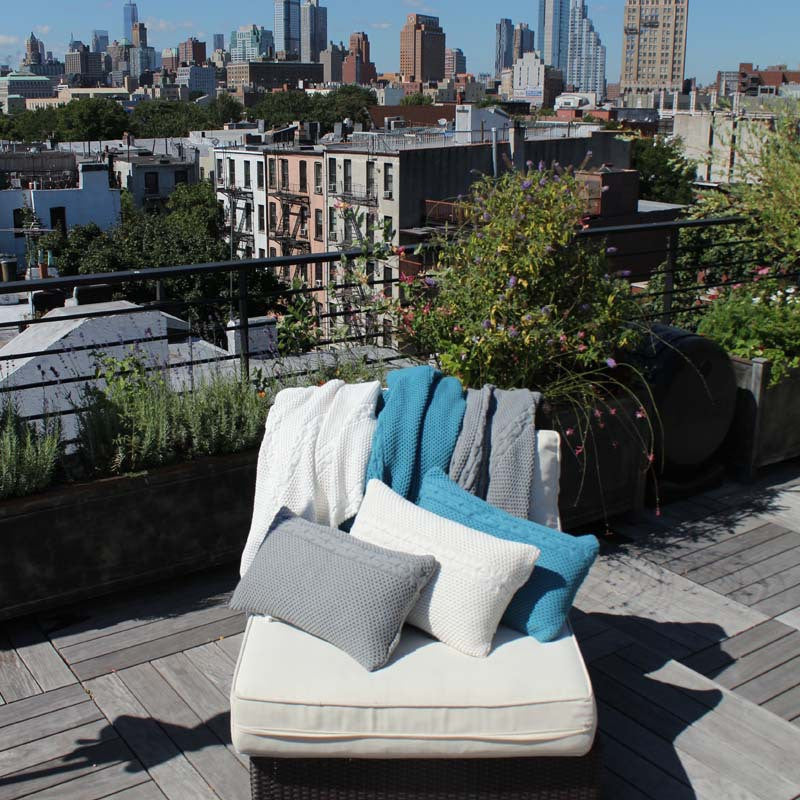
Go organic and be stylishly thoughtful
Organic – it really is one of those buzz words that encapsulates current trends amongst those who try to make a difference, however small that may be, with their purchasing choices.
When it comes to food items such as milk, vegetables and eggs, it is easy to see that choosing organic can make a difference in many ways – less chemicals entering the body, less pollution in the air and less stress for the animals to name only a handful…result!
But when it comes to other items, such as the clothes we wear or home décor, does it really pay to pay for organic?

- Organic outerwear.
Fashion that makes a statement
Think organic clothing, and it’s no surprise that a lot of us immediately think of plain, dull, monotone clothing where the emphasis is on the ethical journey and not the fashionability.
But we are now deep into the 21st century and that school of thought is a thing of the past – organic is a choice that respects style, and not a choice about whether you’re interested purely in the environmental impact.
Fashionistas may purchase organic clothing as they are very much aware that the production process of materials such as cotton can use pesticides that may be responsible for causing cancer more than the chemicals used in food production – scary stuff …… but they also buy clothes that express their style preference, meaning you can buy organic AND make an individual fashion statement.

Quality Counts
“Buy cheap, buy twice”….it’s a saying known the world over with many of us having many examples of when you’ve been caught out by thinking you’ve bought a bargain, to have it fall apart, fade or even worse days later. And when it comes to clothing your children, parents naturally want what is best.
Children’s skin is delicate and, as such, can be prone to irritation.
Buying organic clothing can help sensitivity issues, as the material has not come in to contact with chemicals during the manufacturing process. Some children’s clothing items are also treated with chemicals to make them flame retardant, adding to the chances of a skin reaction. There is also a school of thought that any toxins present on the clothing could be absorbed into the skin, with links to diseases such as cancer, albeit minimal, and even the dyes used in clothes can release potentially dangerous toxins.

Wrap up warm in a plastic bottle
As bizarre as that title may seem, recycled rPET Polyester Fabric is made from soda bottles, and is a main material in many clothing items and home décor items such as bedding and curtains. As it is lightweight and has thermal properties, it is perfect for those winter warmer fashion accessories such as scarves and beanies.

- Organic outerwear.
And it’s environmentally friendly credentials get even better as the production of rPET polyester saves on production energy too.

